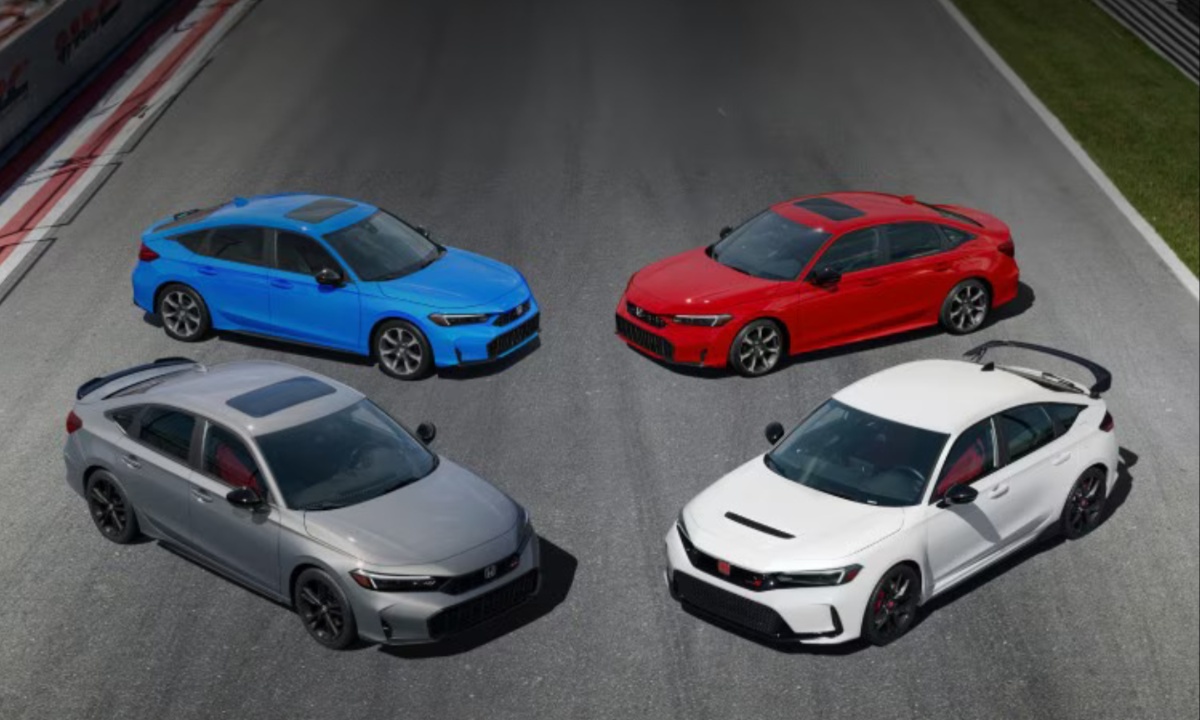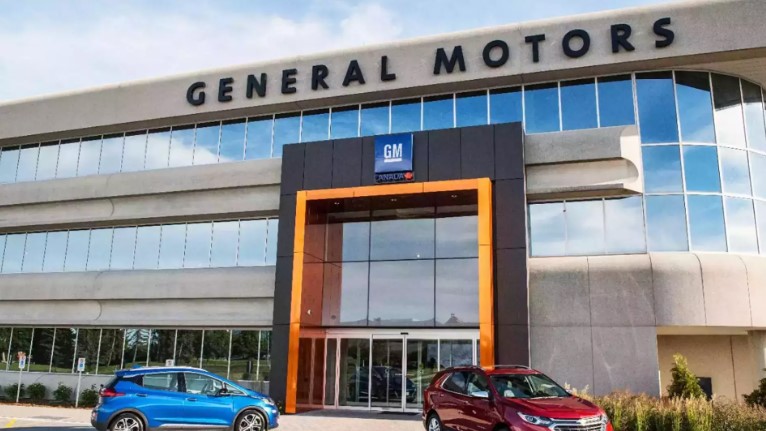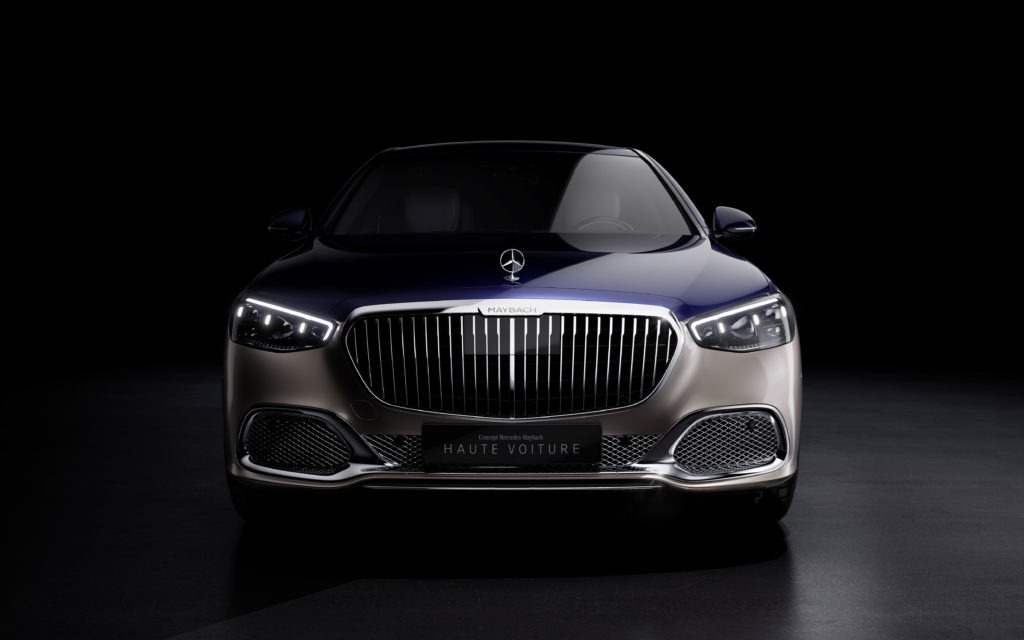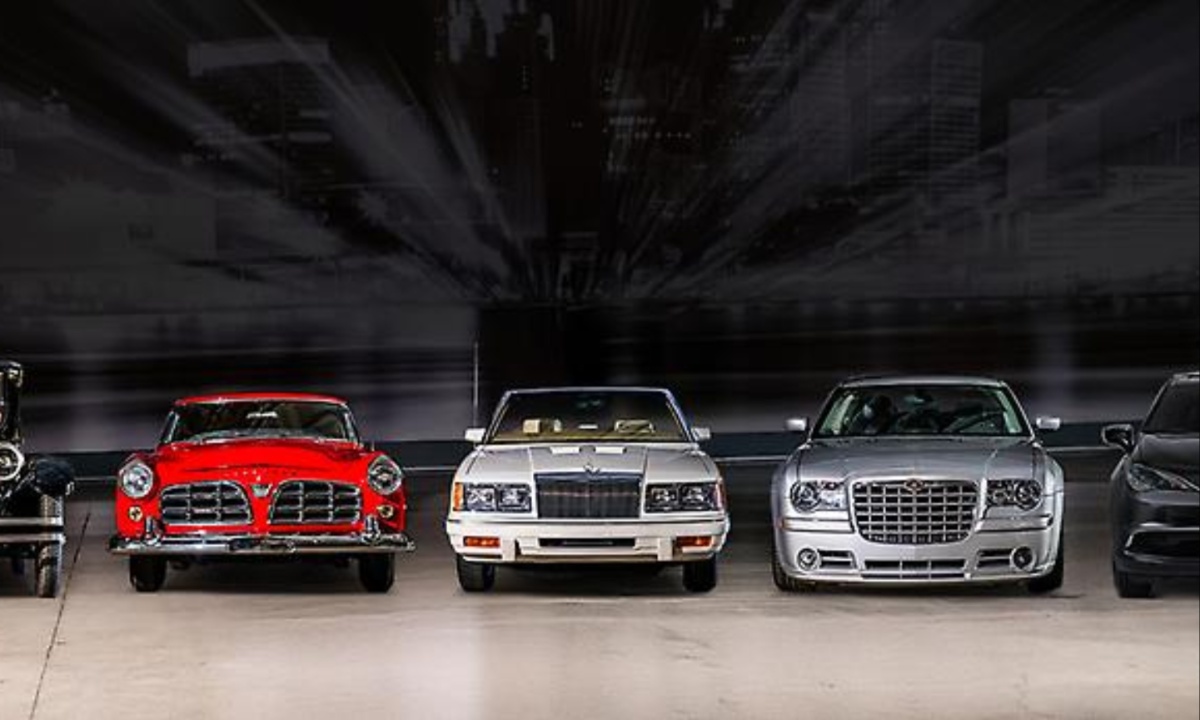Performance and fuel efficiency often dominate conversations about cars, but engine reliability is the true backbone of any vehicle. Even the most powerful or economical engine becomes a liability if it frequently fails or demands constant repairs.
A reliable engine guarantees smooth, uninterrupted performance, giving drivers the confidence to enjoy their vehicles without worrying about sudden mechanical issues.
Recognizing the significance of this crucial yet frequently underrated quality, a selection of ten automakers known for crafting durable and dependable engines has been identified. This overview examines each manufacturer’s most trusted powerplants and the engineering qualities that contribute to their lasting performance and resilience.
1. Toyota: A Legacy of Longevity
Toyota has earned global respect for building engines that seem nearly indestructible. Ranked seventh in the 2023 J.D. Power Dependability Study, its reputation is only surpassed by its luxury counterpart, Lexus.
Among its most dependable powerplants are the 2GR-FSE, a 3.5-liter V6, and the 2UZ-FE, a 4.7-liter V8. The 2GR-FSE, in particular, has been widely used in models ranging from the Lexus IS 350 to the Lotus Evora.
Its aluminum construction and advanced engineering allow it to offer high performance while remaining durable. Toyota’s consistent commitment to quality ensures its engines continue to serve millions of drivers reliably.

2. Honda: VTEC-Powered Reliability
Honda’s reputation for reliability is closely linked to its innovative VTEC technology, found in many of its four- and six-cylinder engines. Among its standout performers are the turbocharged K20C1 and the naturally aspirated J35A1.
The K20C1, delivering over 300 horsepower, powers high-performance models like the Civic Type R and is hailed as the most reliable turbocharged engine by HotCars.
Both engines are made from lightweight aluminum and are known for their durability even under aggressive use. Honda’s engine engineering consistently balances power, efficiency, and longevity, solidifying its place as a leader in reliable performance.

3. Ford: From Classics to Modern Muscle
Ford’s engine lineup spans more than a century and includes iconic, battle-tested powerplants. The cast-iron 460 V8 from the 385 engine family powered vehicles for decades, proving its mettle in cars, trucks, and vans alike.
Modern engines like the aluminum Coyote V8 continue this legacy, powering today’s Mustangs with high-output durability. These engines are not only powerful but also impressively long-lasting, thanks to their robust construction and engineering.
Ford’s ability to maintain reliability across vastly different engine designs highlights the brand’s deep-rooted expertise in creating engines that endure across generations and vehicle platforms.

4. General Motors: The Versatile Workhorse
General Motors, much like Ford, has refined engine design over the decades, leading to dependable powerplants in both economy and performance segments. The EcoTec engine family, ranging from 2.0 to 2.5 liters, powers a significant portion of GM’s commuter cars.
Meanwhile, the LT2 6.2-liter V8 is a modern marvel found in performance models like the Chevrolet Corvette. Saleen even used a modified EcoTec engine for its S1 supercar, proving its strength under extreme tuning.
With aluminum construction and a focus on balance between performance and longevity, GM engines stand as reliable choices for drivers across the automotive spectrum.

5. Mercedes-Benz: Engineering Excellence of the Past
Though modern Mercedes engines can be complex and expensive to maintain, their earlier powerplants were paragons of reliability. The cast-iron M180 inline-six and the M116 V8 are standout examples from a golden era of engineering.
The M180, particularly, achieved a remarkable 1.4 million miles in a 1966 250 SE. Built between the 1950s and early 1990s, these engines emphasized mechanical simplicity and over-engineering, ensuring decades of service.
These classic units embody Mercedes-Benz’s historical commitment to durability, showcasing a time when longevity was baked into the brand’s DNA before electronics and emissions controls complicated modern engine reliability.

Also Read: 10 Cars With Cooling Systems That Never Overheat, Even in Extreme Summer Heat
6. Volvo: Built Like a Tank
Volvo has long been recognized for its crash safety and mechanical toughness. The B21 inline-six and the D5 five-cylinder diesel engines are testaments to its engine-building philosophy.
The B21 was famously reliable, with one 245 GL reaching 1.63 million miles, supported by three separate engines—one of which alone lasted 620,000 miles. The D5 was also known for its durability, even under the higher stresses of diesel operation.
With cast iron and aluminum construction, these engines prove that reliability is not just about lasting parts, but about thoughtful design and manufacturing precision—qualities that Volvo has prioritized for decades.

7. Nissan: Quietly Unstoppable
Nissan’s VQ and QR engine families are some of the most dependable engines ever built, especially within the V6 segment. The VQ35DE, a 3.5-liter aluminum V6, has powered cars like the Altima, Pathfinder, and even the Renault Espace. Its versatility and longevity make it a favorite among tuners and everyday drivers alike.
Meanwhile, the QR20DE inline-four achieved one million miles in a Nissan Frontier, a testament to its stamina. Nissan’s consistent focus on efficiency, refinement, and endurance cements its engines as some of the most trustworthy on the market, especially when maintained properly.

8. Hyundai: Newcomer with Staying Power
Despite being relatively new to the global car scene, Hyundai has rapidly earned a solid reputation for reliable engines. The Gamma and Nu engine families, used across Hyundai and Kia models, are especially noteworthy.
The Nu 1.8-liter engine once covered over a million miles in a 2013 Hyundai Elantra used for delivery work, averaging 200,000 miles per year. These engines are aluminum-based and designed with modern efficiency and reliability in mind.
Hyundai’s aggressive push for quality, supported by long warranties, reflects its confidence in these powerplants. Their durability proves Hyundai can stand toe-to-toe with long-established manufacturers.

9. Porsche: Precision You Can Count On
Porsche engines are typically associated with high performance, but reliability is a natural result of their precision engineering. The brand’s famous Flat Six engine, continuously improved since 1964, powers the iconic 911 and remains a model of balanced performance and endurance.
Though Porsche engines may require more meticulous care, their underlying strength is undeniable. Another reliable example is the M44 inline-four, used in older models.
Both engines feature aluminum construction and high output relative to displacement. Porsche proves that when meticulous German engineering is paired with consistent refinement, the result is an engine that lasts and performs.

10. Chrysler: Underrated Workhorses
Often overshadowed by Ford and GM, Chrysler has quietly built some incredibly reliable engines. It’s Slant I6 and the massive 440 RB V8 is known for its endurance. One example of the 3.7-liter Slant Six racked up 1.63 million miles as a taxi engine in a 1963 Plymouth Fury.
Even though it was rebuilt four times, the mileage per build, averaging around 400,000 miles, is a testament to the engine’s design. These cast-iron units might not win style awards, but they’ve earned the respect of drivers and mechanics for their sheer toughness and ability to withstand grueling conditions over decades.

In an automotive world often fixated on power figures and cutting-edge tech, reliability remains the cornerstone of true vehicle value. Whether it’s a daily driver racking up commuter miles or a high-performance car seeing regular track days, a dependable engine makes all the difference.
From Japanese icons like Honda and Toyota to engineering legends like Porsche and Mercedes-Benz, and even the rugged durability of American classics from Ford and Chrysler, each of these manufacturers has proven their capability to build engines that last.
For gearheads and casual drivers alike, investing in a reliable engine means peace of mind and long-term satisfaction.
Also Read: 10 Best and 10 Worst Cars for Cold Climates & Harsh Climate

